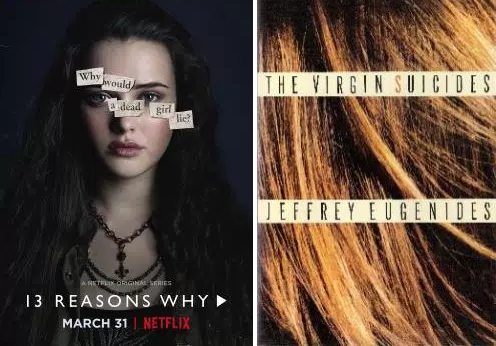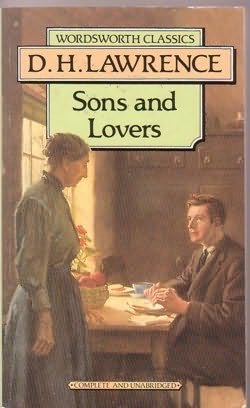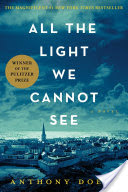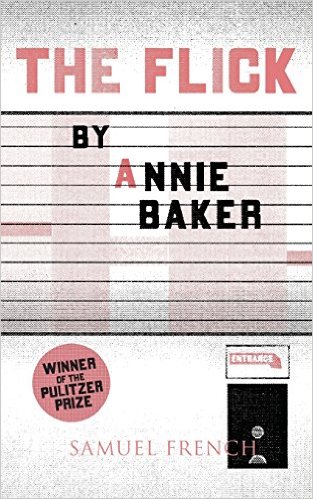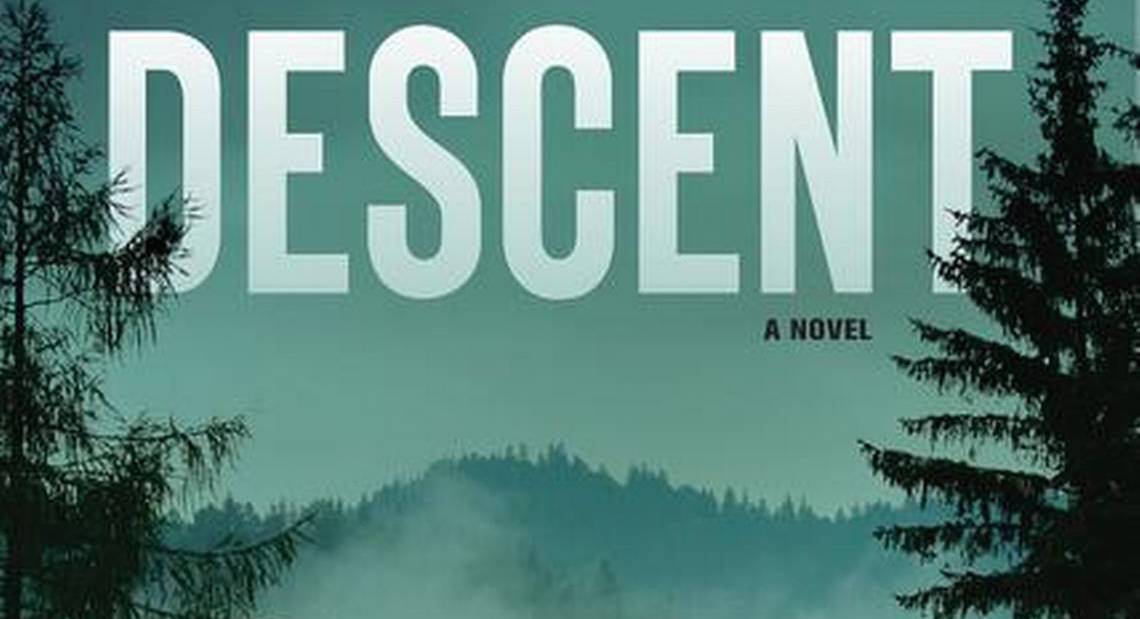SPOILERS FOR 13 REASONS WHY ABOUND!
The controversies surrounding 13 Reasons Why have been numerous and well-enumerated; critics claim that the show glorifies teen suicide by presenting it as a suitable revenge for bullying, that portraying teen suicide at all (especially using attractive young actors) is irresponsible, and that Hannah’s rape scene is triggering for victims. But arguably the biggest point of contention is Hannah’s suicide scene, which is incredibly disturbing. It’s one thing to hear about a child slitting their wrists, it’s another thing altogether to see it happen in graphic detail.
But does the graphic nature of the scene automatically make it irresponsible? I’m not a mental health professional, so I can’t comment about whether the show is responsible about suicide on the whole. But in regards to this particular scene, I tend to agree with 13 Reasons Why writer (and suicide attempt survivor) Nic Sheff, who wrote in Vanity Fair that they included as much detail about the act of suicide as possible in order to shatter the “myth and mystique” surrounding suicide, and especially to “dispel the myth of the quiet drifting off.” For those who are worried that the show “glamorizes” suicide, if nothing else, that scene definitely showed viewers that there is nothing glamorous–or peaceful–about the act itself. Continue reading →

